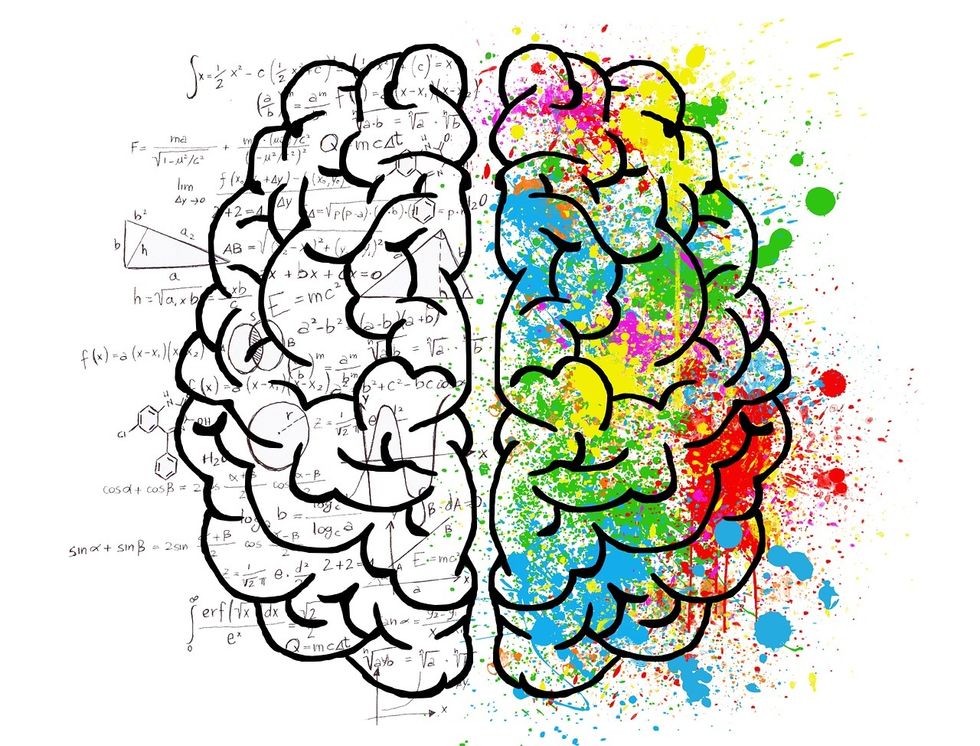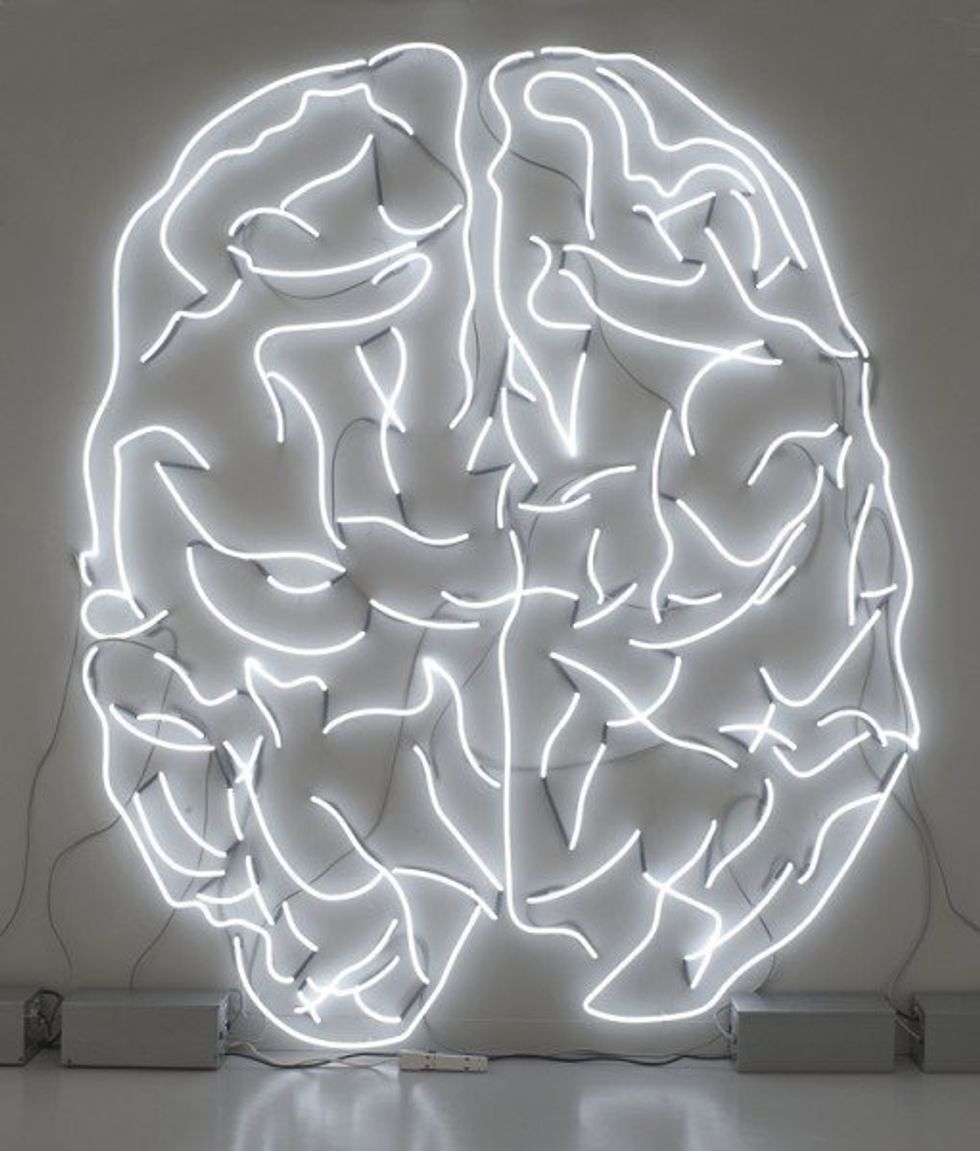It was Plato himself, the famous ancient philosopher, who was one of the first voices in opposition to the concept of writing.
Although it was a fascinating new form of record at the time of its origin that allowed for knowledge to not only be stored but also to be accurately and descriptively passed onto future generations, Plato saw and refused to ignore the devastating side effects that would impact a nation, a world to come - namely, that of the destruction of memory.
You see, prior to written record and even to the written word as a whole, humankind relied solely on the mind as its receptacle for every aspect of life. Any knowledge that was acquired, any information about other people, any events or specific dates, and anything had to be stored internally or it would be lost forever. Seeing as how the stakes were extraordinarily high and learning needed to be, in a word, permanent, people realized how vitally important memory was and began to exercise it, strengthening their mental muscles until they could flex them with ease and without thought. They constructed elaborate techniques and figured out ways to practice them, ultimately making memory an art form deeply to be treasured.
We now live in a digital age.
Naturally, despite the opposition, the pros of writing vastly outweighed the cons and a new medium of record and communication was born. Innovations happened, as they are wont to do, and writing was transferred into a digital universe of connectivity, storage, mass communication - essentially tangible, hand-holdable memory. We now live in an age where you can hold your entire life in the palm of your hand and physically flip through your memories all cataloged onto one screen. Every technological outlet struggles in a desperate rat race to create the newest portable memory compartment, itching to be heralded as creating a device that basically thinks for you.
Progress and technological advancements are fascinating and immensely beneficial. Seeing how much they have helped my family and given us the chance to connect with each other, especially while I am embarking on the adventure of college life, is a blessing beyond words. And writing, as is probably not entirely inconspicuous, is one of my favorite activities in the world. I'd be lying if I said I wasn't ineffably thankful for the advances that I am blessed enough to benefit from as I go about my daily life. Bashing technological genius is not my point.
But my point does, in fact, involve a step outside of innovations for a second.
As amazing and important as technological advancements can be, there reaches a point where it can go too far in usurping our brains of their innate functionality. As humanity has watched the tide of progress sweep in, it has somewhat abandoned its mental flexing for physical flexing of the newest gadgets. We don't even have to remember the phone numbers of our loved ones anymore, for goodness's sake. But in the world of academia and in the world of remembrance, if we allow our mental muscles to fall entirely out of shape, I know we will live to deeply regret it.
The human mind is a fascinating thing. It is brilliant, and it knows it. If we allow our worlds to be stored on a machine and factor out ourselves, we will have a bare skeleton of our lives etched into the back of our heads. Our brains capture the emotions of the world around us. Our brains build our perceptions and shape the ways in which we interact. The more we strengthen ourselves mentally, the more we will understand what we see, hear, say, think, do. The more we will remember of what really matters to us. We can understand how our and others' biases affect us and what we can do to guard against them. We can define ourselves and figure out our passions.
We can shed the stress of academics by forging a mental foundation on which to place that which we learn. We can see through the simple, subtle tricks that this world will throw at us, from the plotting of salesmen to the allure of places like casinos to anything you'd like to think of, and in protecting ourselves from them, we can hold our ground and find comfort and confidence in our own knowledgeability of the environment in which we live. We can pass these protections and understandings and knowledge onto our loved ones, our children, our generations and those to come.
Plato opposed the concept of writing, but I would venture to guess that he knew the genius of it would be inevitably utilized. Thus, he simply used his time to advocate for what he knew worked to enhance daily living and the world around us: mental muscles. As I research more about what it means to have a truly powerful mind, I am blown away by all the possibilities of understanding this amazing world in which we live that we have right in front of us. In the hopes that Plato would have been proud, I now beseech you to take a little time and think in yourself. Think in yourself.
Explore your mind and your memory and keep a detailed, personal mind bank of the things you don't want to forget. Take yourself out of your handheld memories and keep in mind the thoughts, feelings, emotions, and wonder of what it is like to live in each and every moment of each and every day.
Your mind is your weapon and your ally and yours to keep. Cherish it with everything you've got.








 Photo by
Photo by 









